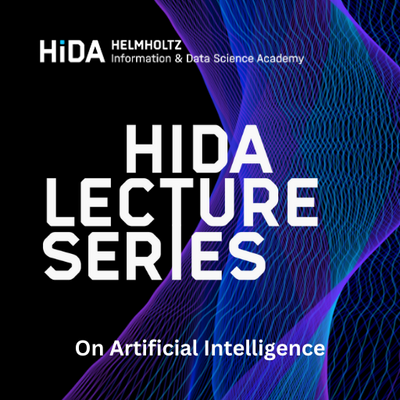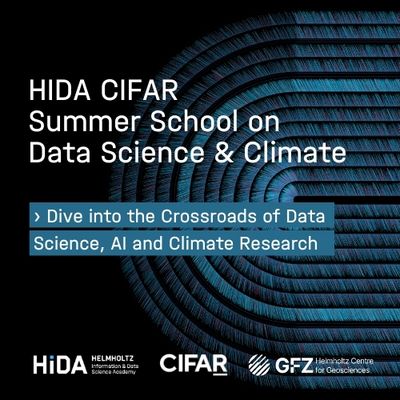HIDA Lectures @ HDS-LEE
Vortragender: Prof. Dr. Steven L. Brunton, University of Washington
Termin: 07.12.2021, 17:00 Uhr
Titel: "Machine Learning for Scientific Discovery, with Examples in Fluid Mechanics"
Abstract: This work describes how machine learning may be used to develop accurate and efficient nonlinear dynamical systems models for complex natural and engineered systems. We explore the sparse identification of nonlinear dynamics (SINDy) algorithm, which identifies a minimal dynamical system model that balances model complexity with accuracy, avoiding overfitting. This approach tends to promote models that are interpretable and generalizable, capturing the essential “physics” of the system. We also discuss the importance of learning effective coordinate systems in which the dynamics may be expected to be sparse. This sparse modeling approach will be demonstrated on a range of challenging modeling problems in fluid dynamics, and we will discuss how to incorporate these models into existing model-based control efforts. Because fluid dynamics is central to transportation, health, and defense systems, we will emphasize the importance of machine learning solutions that are interpretable, explainable, generalizable, and that respect known physics.
Prof. Dr. Steven L. Brunton is a Professor of Mechanical Engineering at the University of Washington. He is also Adjunct Professor of Applied Mathematics and Computer science, and a Data Science Fellow at the eScience Institute. Steve received the B.S. in mathematics from Caltech in 2006 and the Ph.D. in mechanical and aerospace engineering from Princeton in 2012. His research combines machine learning with dynamical systems to model and control systems in fluid dynamics, biolocomotion, optics, energy systems, and manufacturing. He is a co-author of three textbooks, received the University of Washington College of Engineering junior faculty and teaching awards, the Army and Air Force Young Investigator Program (YIP) awards, and the Presidential Early Career Award for Scientists and Engineers (PECASE).









